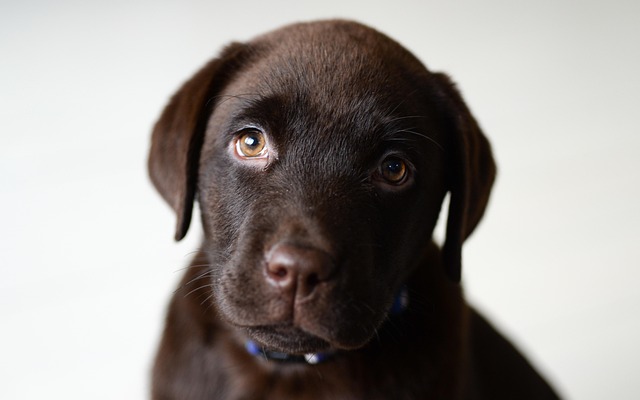
What is glaucoma in a dog?
You might notice your dog squinting more at mealtime or avoiding bright sunlight—these small changes could be early signs of a serious eye condition.
Nothing’s more disheartening than leaning in for a doggy cuddle and catching a strong, unpleasant smell from their skin. It’s not just a nuisance—often, it’s a sign your pup is uncomfortable, and figuring out how to fix it starts with understanding the root cause. You’ll want to act gently but quickly, since prolonged skin issues can turn into bigger health problems for your furry friend.
First, skip the urge to grab human soap or shampoo—those products are too harsh for a dog’s delicate skin and can make the smell worse by stripping natural oils. Instead, start with a vet visit: many places require professional checks for skin issues before using medicated products, and your vet can rule out infections, allergies, or parasites like fleas (which are common but need treatment that follows local pet health guidelines). They’ll likely recommend a hypoallergenic or medicated dog shampoo that’s safe and compliant with regional pet care standards.
Once you have the right shampoo, keep baths short and infrequent—over-bathing dries out skin and triggers more oil production, which leads to more smell. After bathing, dry your dog thoroughly, especially in hard-to-reach spots like under the legs or between paw pads—moisture trapped there breeds bacteria that cause odor. This step matters even more if you live in a humid area, where damp skin is a common problem.
 Your dog’s diet and environment play a big role too. Swap out low-quality kibble for options with whole proteins and no artificial additives—many skin odors stem from food sensitivities that get better with a diet upgrade. At home, wash their bed, toys, and any blankets they use weekly with a pet-safe detergent; leftover dirt or bacteria on these items will just reattach to their skin. If you let your dog on furniture, vacuum regularly to pick up dander and debris that contribute to smells.
Your dog’s diet and environment play a big role too. Swap out low-quality kibble for options with whole proteins and no artificial additives—many skin odors stem from food sensitivities that get better with a diet upgrade. At home, wash their bed, toys, and any blankets they use weekly with a pet-safe detergent; leftover dirt or bacteria on these items will just reattach to their skin. If you let your dog on furniture, vacuum regularly to pick up dander and debris that contribute to smells.
Patience is key—treating smelly skin doesn’t happen overnight, but small, consistent steps will make a difference. Stick to the vet’s advice, use products that meet local safety rules, and keep an eye on how your dog acts: if they’re scratching less or leaning in for cuddles more, you’re on the right track. Your pup deserves to feel (and smell) their best, and with the right care, you’ll both get back to those cozy, fresh-smelling moments you love.

You might notice your dog squinting more at mealtime or avoiding bright sunlight—these small changes could be early signs of a serious eye condition.

Let’s set the scene: It’s a sweltering Phoenix afternoon—105°F outside—and you rushed your 2-year-old Lab mix, Cooper, on a quick walk to “get it over with.”

Let’s get real: You’re in your Miami apartment, watching your 3-year-old Corgi, Loki, struggle to climb the stairs to your second-floor unit.

Many dog owners brush off occasional scratching as just “dog behavior,” but persistent itching often signals something more—like a food allergy.

You might first notice your dog scratching more than usual—chewing at their paws until the fur looks thin, or rubbing their face against the couch nonstop.

Let’s be real: You’re standing in your Chicago apartment, watching your 3-year-old Beagle, Max, huff and puff just to climb onto the couch.